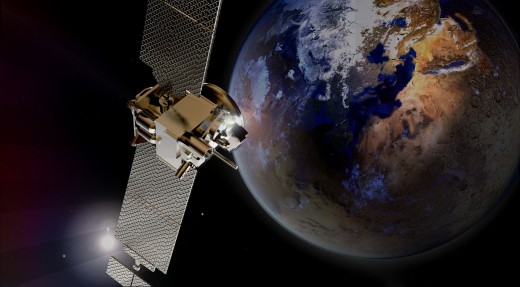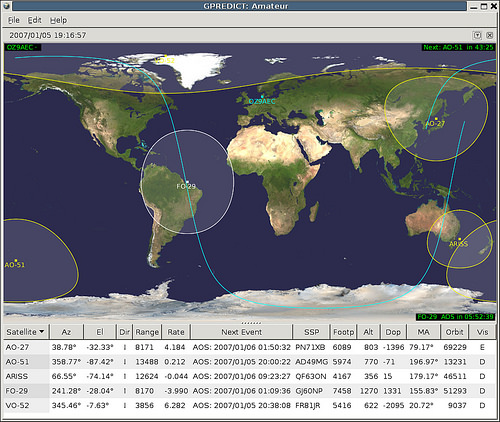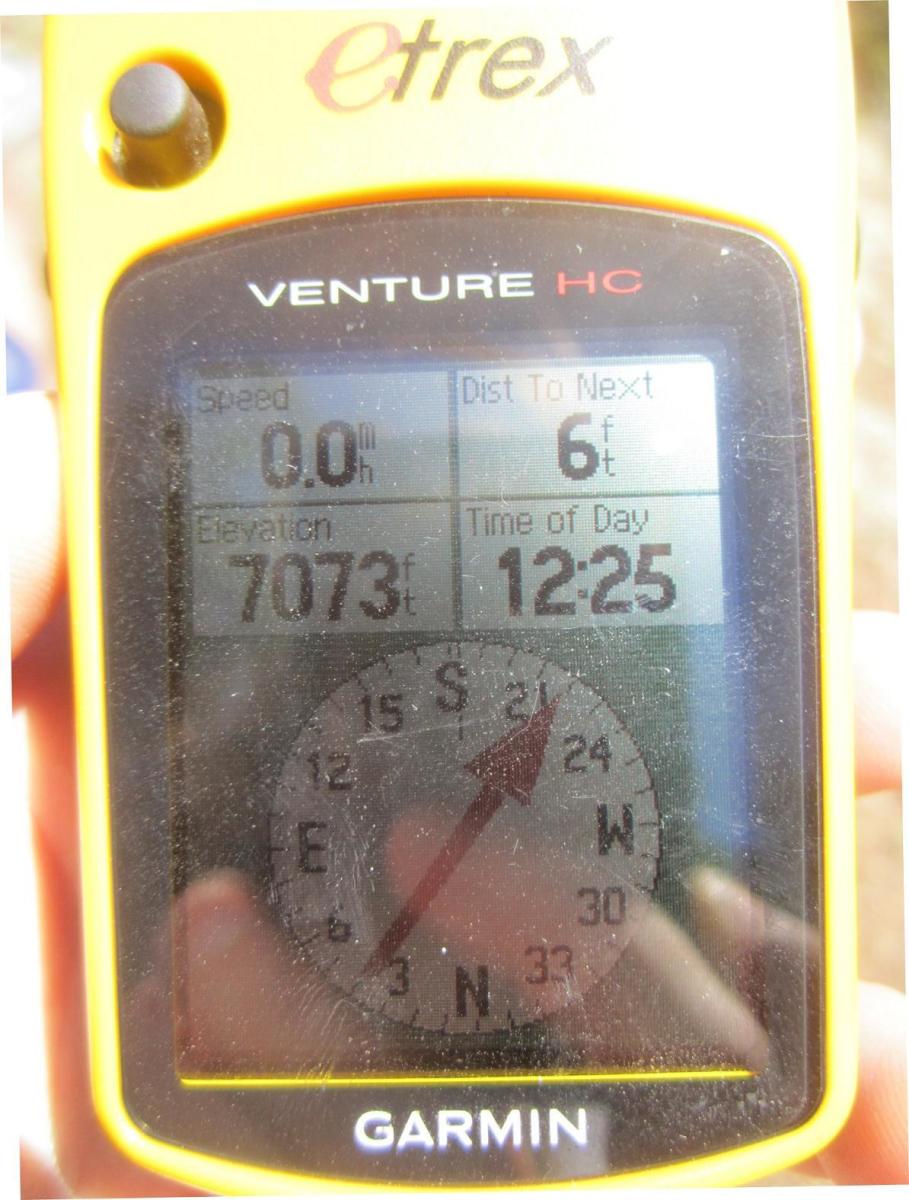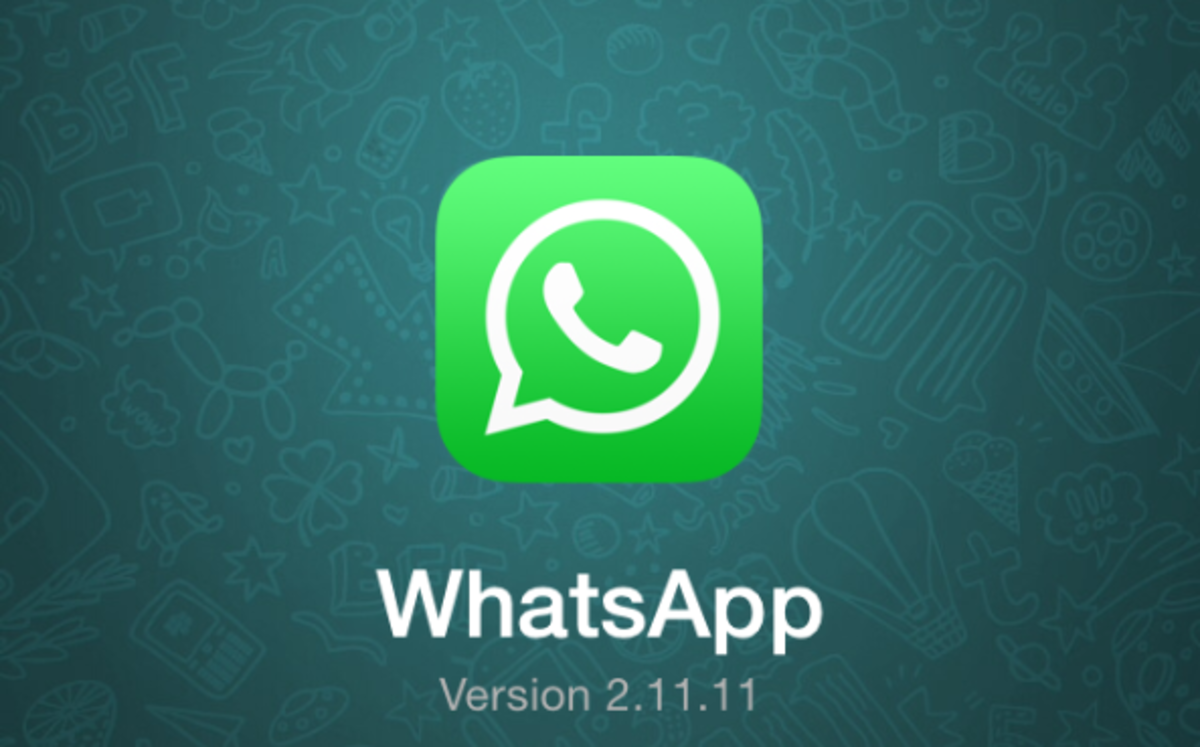How to Track a Satellite From Your Home

Introduction
Firstly, I have to say that decoding satellites can be an arduous task. However, it depends a lot on the size of your project. It is not the same trying to decode the data from an unknown satellite that has been up there for who knows how much time or instead of trying to downlink information from the ISS or any other well-known satellites.
To be able to jump on obtaining data from satellites, you will just need three things:
- Your personal computer.
- An antenna(this part requires more explanation, there are many kinds of different ranges and purposes, and I will talk about it in another post.
- A software defined radio(SDR).
As a good example, below you can see a link on how to build your own antenna that could meet the specifications of many satellites that are easily trackable.
What can be decoded from a satellite
But before starting the tracking process, it would be better to ask yourself: why I would need to track a satellite? Well, there are many kinds of information that you can get from them.
Telemetry
To know about the health of a satellite it is important to receive its telemetry. Telemetry is the main way to know if all the different components of the satellite(or at least, the ones that were selected to downlink information) are operating in the right way and working as expected. From there, the satellite collects this data and transmits it to the ground station for further analysis. But they are not the only ones that can get this information, you can also do it if you set your devices properly.
Radio stations
Obviously, with this setup you will be able to listen without(almost) any problem to all your favorite radio stations, you just have to use a couple of programs easy to find and install:
https://learn.adafruit.com/getting-started-with-rtl-sdr-and-sdr-sharp/sdr-number-fm-radio
The ISS
The ISS (International Space Station) is an easy catch when they're active. You can also just listen to the packet downlinks from it (they're just as strong as the voice). There are many posts on how to do this:
https://amsat-uk.org/beginners/how-to-hear-the-iss/
The main things they tell you to take into account are to broadcast in the 144 MHz band, preferably with an helical antenna. With this setup, you will be able to downlink telemetry packets, voice from the station or even SSTV(slow scan television) pictures. Besides, it is important to know that the ISS, as well as many of the satellites that you may want to track, is in range of reception(this means, you will be able to track it from your place) just for a few minutes. There are many websites that also tell you when to listen.
Software, hardware, and things to take into account
Now I will try to go through some of the (general) programs and websites that can be useful for satellite decoding. Each satellite is a world and has several specifications that make it unique(and therefore, you will not be able to decode a satellite with the same setup that you used for another one).
GNURadio

GNURadio
This is a very useful tool for any kind of SDR application. You will find hundreds of posts in which this program is used to decode and filter many satellites and also for many other different applications. It works best on Linux, but it also has support for Windows.
Gpredict

This program basically works as a world map in which we can track our preferred satellites. It is based in the update of the two line elements(TLE) of each satellite, which is a sort of data that the satellite itself downlinks, and tells us its position, velocity, attitude... It works mainly on Linux but it also has Windows version.
Amsat

For me, besides some of the websites that have been created by many amateur radio folks, this would be the first page I would go to when looking for information about a specific satellite. It has a huge database with a lot of updated information about active and inactive satellites.
Amsat.uk

The UK version, also very useful. It also has very good tutorials and guides on how to decode and demodulate several signals, and mission updates that are easy to read for people that have just started in the satellite world.
Github

In this webpage, you will find a lot of modules and projects in current development used to track actual satellites. One of the most useful pages inside this for me has been the following:








